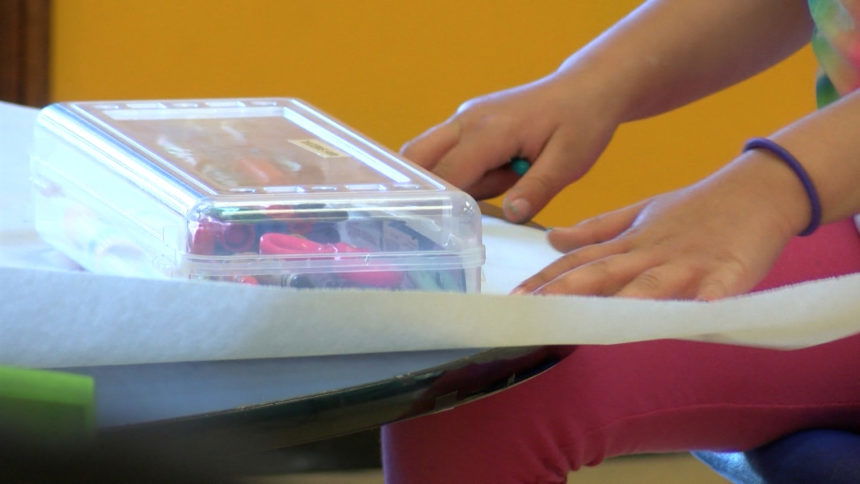U.S. childhood obesity rates could be increasing because of pandemic

SALINAS, Calif. (KION) School closures have left many children to rely on virtual learning, and this had led to a sedentary and unhealthy lifestyle for some, which could lead to increased childhood obesity.
Currently, around 13.5 million children are considered to be obese, according to the US Centers for Disease Control and Prevention.
As the pandemic has ravaged the county, much of the focus has been on the immediate effects of COVID-19 but as a whole year has passed, a more stealthy problem has raised with experts reporting increases in weight gain and obesity amongst children.
Childhood obesity has always been an issue in the U.S. but with remote learning forcing children to stay at home, children have less access to healthy food and physical activity leading to a more sedentary lifestyle. A Salinas Pediatrician says that she's seen an increase in weight gain in her practice.
“I have found that I'm giving more and more diagnoses to more kids after a pandemic and more kids who I am following are failing to meet their weight loss goals or even gaining or worsening in their obesity,” says Dr. Namita Bernstein, Pediatrician.
For many children in Salinas, school may be their only source of exercise and nutritious, healthy food.
"Many kids unfortunately, they are home inside watching TV. They may not be able to afford summer camps and lots of outdoor activities despite it being good weather and time off from school. Unfortunately, for most kids, their structure and physical activity comes from school and not having that there can certainly contribute to increasing how sedentary they are," says Bernstein.
The City of Gonzales is trying to tackle the issues of childhood obesity by creating the Healthy Gonzales Initiative, a program designed to empower children to make healthy decisions.
The City of Gonzales hopes to start this initiative in April.
